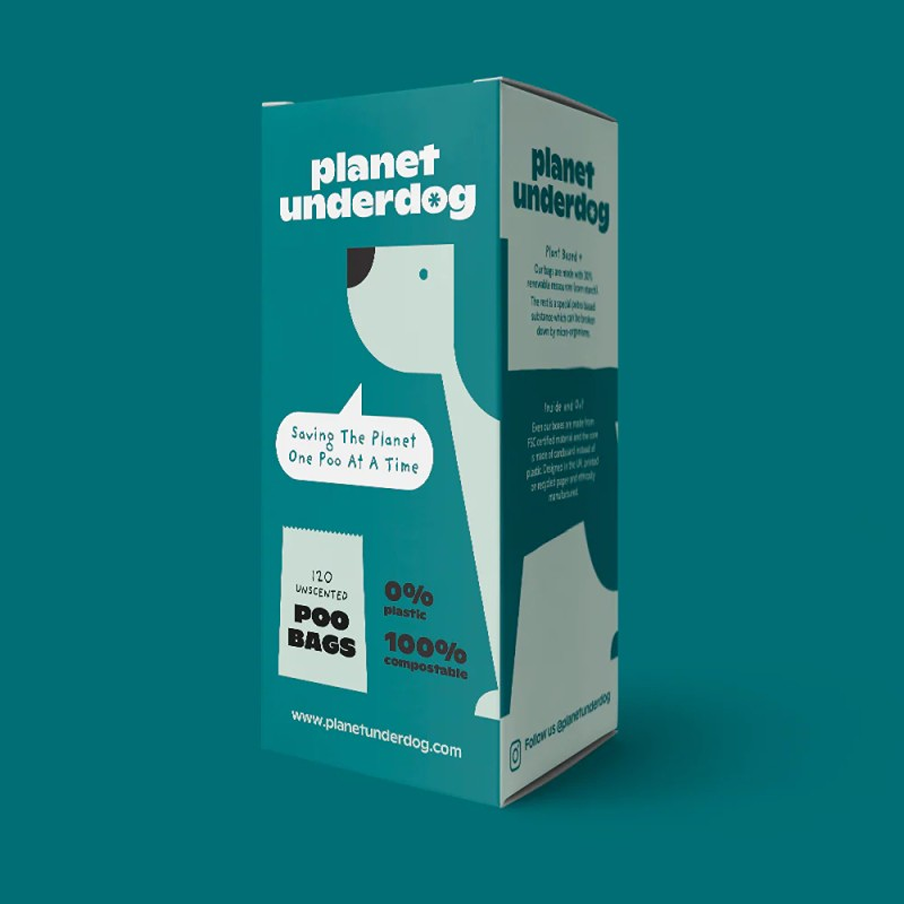Good Reasons to Boycott ‘Forever Chemicals’
There is growing concern about the effects they have on human health, the food chain, and our world. Here are the leading reasons to make avoiding forever chemicals a priority.
Factories that make or use PFAS can release waste into local rivers. These chemicals then spread into drinking water and aquatic life. People living near these sites have shown higher PFAS levels in their blood, which is linked to health concerns.
PFAS contaminate rivers and streams and are taken up by fish. When people eat these fish, they risk consuming toxic chemicals. Over time, this can hurt fish stocks and upset the balance of local ecosystems.
Long-term exposure to PFAS is linked to serious health problems. Studies show ties to some cancers, thyroid problems, lower birth weights, weaker immune systems, and cholesterol changes. Families and pregnant women are especially at risk.
‘Forever Chemicals’ Linger in the Body
PFAS do not break down easily. Once they enter the body, they can stay for years. Research links regular exposure to build-up in organs, especially the liver and kidneys. Over time, this can have worrying health effects for both children and adults.
Cooking Pans Leach PFAS into Your Food

Non-stick pans often contain forever chemicals. When these pans are scratched or heated, they can release PFAS directly into food. Cooking daily with such pans means higher risk of consuming harmful chemicals with every meal, especially when the non-stick layer wears out.
Choose non-toxic alternatives to PFA cookware and fry pans. Their products are expensive (look for sale bargains) but designed to last years, and use a nontoxic sand-based alternative for the same non-stick results.
Unlike website information, these products are not safe near birds. All cooking fumes are dangerous to birds. If you have caged birds near kitchens (likely kinder to build an aviary), know toxins to avoid near feathered friends.
These pans work a bit differently. As they distribute heat more evenly, you need less heat. Also use softer silicone or wood tools, and a high-smoke point oil (avoid spray oils, as the tiny particulates will quickly burn). Clean pans with hot water, biodegradable dishwash liquid and a plastic-free cloth or sponge.

If You Care is a range of parchment paper and cupcake cakes, free from the usual nontoxic coatings, and sold in cardboard packaging. This company also makes non-stick roasting bags, and non-stick sandwich/baguette bags (ideal for sandwich shops). Stock up online.
PFAS in Pizza Boxes and Food Packaging

PFAS are used in many food wrappers and boxes because they resist grease and moisture. This makes it easy for chemicals to transfer from packaging to the food you eat, increasing unwanted exposure even when eating a simple takeaway.
For food, shop organic to avoid PFAs on fresh produce. Make your own vegan cheesy popcorn to avoid PFA bags of popcorn. The easy way to avoid PFAs on pizza boxes is to make your own vegan pizza.
Waterproof Raincoasts & School Uniforms

Many school uniforms, raincoats, and outdoor gear repel water because they are treated with PFAS. Children wearing these items every day come into regular contact with toxic chemicals, making exposure hard to avoid.
Labo Mono is a quality range of waterproof rain jackets for men or women, designed without the usual forever chemicals, and designed to be wipe-clean, to avoid synthetic materials leaching microplastics into the sea from machines. These jackets are in a wide range of colours (plain or patterned) with clever features like invisible pockets and stowaway hoods.
EcoOutfitters is the main brand of organic cotton school clothing, nearly all made from organic cotton (for socks or other items containing synthetic fibres, launder in a microfibre filter). You can also find organic cotton school uniform alternatives at Eczema Clothing.
PFAS in Bike Oil and Outdoor Gear
Bike lubricants and other outdoor gear often contain forever chemicals to help repel water and dirt. People who use these items are likely spreading chemicals into the ground, parks, and even water drains.
Green Oil is a brand of bike care products, all free from PFAs. Some bike shops even let you ‘take back your empties’ to get discounts on future purchases. The range includes bike cleaners, chain degreaser and bike lube. The bottles are made from recycled plastic.
Fire Extinguishers Pollute Soil and Water
Certain fire-fighting foams use PFAS to smother flames. When used or tested, these chemicals can soak into the ground or wash into rivers. This website covers the serious issue of PFAs in fire-fighting foams. Obviously we need to have good products, but there are ways to do this, without forever chemicals.
Of course considering the health risks, many firefighters would prefer not to use PFAs either. Cancer is now a leading cause of death in firefighters, some believe due to these foams.
Greenfire Firefighting Foam is the world’s first PFAS-free alternative which can be used with the same equipment and is currently used and trusted by many fire departments, and has been successfully tested by (US) government. It requires approval for use in fixed systems and is suitable for fire engines, foam tenders, compressed air foam systems and fire sprinklers.
Campaigning Calls for Change
The Pesticide Action Network, along with other groups, highlights the need for tighter rules on PFAS. Switch to organic farming and cleaning, to avoid putting communities at risk.
The Rivers Trust (the national charity that takes care of our rivers) says that one of the biggest risks to river health in England are ‘forever chemicals’.
A recent investigation found that almost all rivers in England now have levels of PFAs that would not pass proposed EU standards, if we were still in the European Union. And around half of the site exceeded ‘safe levels’ by over five times (some by up to 20 times).
PFAs Free has a Bead Test that you can do yourself, to see if the packaging you bought contains forever chemicals (if so, then don’t buy again and write to companies, explaining why).
Use a pencil to dip into an eggcup with a little olive oil, then drop a few drops of oil onto the packaging. If the oil soaks through or spreads, there is no PFAs.
If the oil remains on top ‘beading’, then it has forever chemicals. Use their email template to write the company concerned.
PFAs Are Now Absolutely Everywhere

The small Yorkshire market town of Bentham (set on the banks of River Wenning) has recently been found to be the town in the UK with the highest concentration of forever chemicals. Not surprising when we learn that a local factory here has been producing fire-fighting foams since the 70s.
One professor of environmental pollution at Liverpool University read the report, and said this was the ‘highest concentrations of total PFAs that I have ever come across in any environment, in England’. And said it was even more concerning, that the pollution stats were not from the foam production itself, but from groundwater.
And it doesn’t stop there. High levels of PFAs have now been found in the Brazilian rainforest, showing these chemicals are travelling at an alarming rate, even to places that don’t use them.
And considering this area has a huge percentage of our native wildlife (including some critically endangered species), the forever chemicals could even cause some species to go extinct, if they have the same development issues in animals, as in humans. Sea spray has also caused PFAs to even travel as far as Antarctica.
There is not enough regulation. The EU is presently considering restricting thousands of PFAs, but of course there are huge vested interests, often from some of the world’s biggest companies.
That often have a lot of political power, by paying lobbyists to influence policy. The Rivers Trust want a complete ban on nearly all PFAs, with much stricter regulation on the few that would likely remain.







